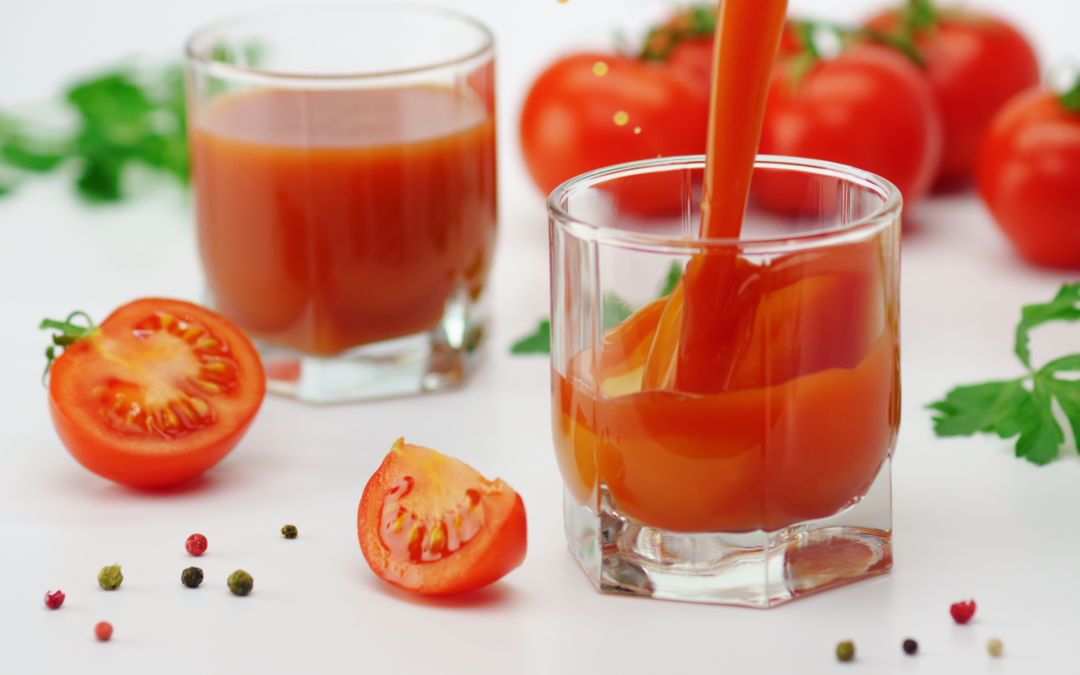It is no secret that a diet high in saturated fats can lead to high cholesterol levels, hyperlipidemia, and even heart disease. But is drinking tomato juice worth a try for your health? Read on to learn about the effects of tomato juice on hyperlipidemia.
Cardiovascular disease is one of the most prevalent diseases that affects Americans each year. One of the driving factors for this is a diet high in saturated fats and highly processed carbohydrates, which is why eating a diet rich in phytonutrients can help fight against disease.
One of the richest sources of phytonutrients are canned tomato products. Due to the heating that is done during processing, lycopene is much more bioavailable [1]. While some vegetables lose nutrients during processing, tomatoes become more nutrient rich.
With so many nutritional benefits and cancer-fighting properties, researchers are continually finding ways that canned tomatoes can fight heart disease. One recent study tested the effects of tomato juice on high levels of fats in the blood (hyperlipidemia) with hamsters. The study was conducted in this manner because hamsters process cholesterol and respond to a high fat diet in a similar way to humans [1]. With this study, these small rodents were fed a diet high in cholesterol to induce hyperlipidemia. After eating the high cholesterol diet, the hamsters had significantly high levels of total cholesterol, triacylglycerol, high-density lipoprotein cholesterol, low-density lipoprotein cholesterol, and LDL/HDL ratio [1]. They were then fed tomato juice to examine if this had a reversed effect. After six weeks of consuming tomato juice, the hamsters had lowered levels of serum cholesterol and they excreted more fat in their feces. These results show that tomato juice supplementation may be a possible option for lowering blood lipid levels and reduce the effects of high blood lipids in humans [1].
If you are not a fan of drinking plain tomato juice, go ahead and get creative in the kitchen! You can blend it into your daily smoothie, add it to gazpacho, or throw it into a pot of meatballs that are simmering in sauce.
References:
- Lee, L.-C., Wei, L., Huang, W.-C., Hsu, Y.-J., Chen, Y.-M., & Huang, C.-C. (2015). Hypolipidemic effect of tomato juice in hamsters in high cholesterol diet-induced hyperlipidemia.Nutrients,7(12), 10525–10537. https://doi.org/10.3390/nu7125552

Recent Comments